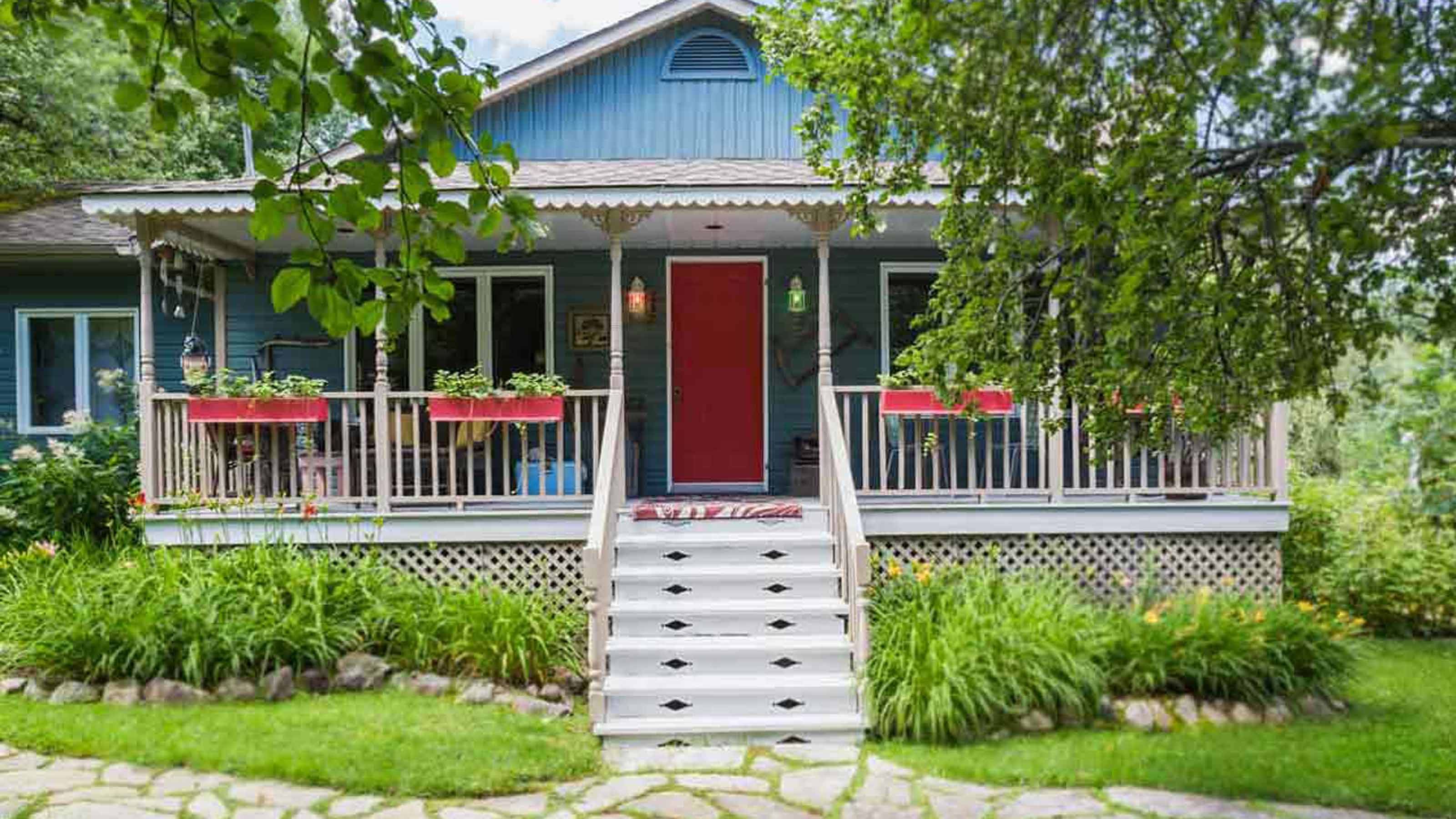
The Federal Reserve is holding interest rates steady, and mortgages are hovering close to 7%. House prices are still rising. Housing supply is still not close to meeting demand.
Is this the worst time to buy a home? Polling shows we're at a modern low, at least in sentiment. Over 76% of Americans say it is a bad time to buy a house, according to a Gallup poll released this week.
This is a notable low period. Gallup has been asking if it is a good time to buy a home annually since 2005, and also asked the question in 1978, 1991 and 2003. In every single one of those polls up until 2022, at least 50% of people said it was a good time to buy a home. Now, we're down to only 21% of Americans saying it is a good time to buy a home.
It's not hard to see why. The housing market is crunching out would-be buyers, between high prices and mortgage rates and low sellers and overall supply. After a brief dip, 30-year mortgage rates continue to be close to 7%, according to Freddie Mac, while Redfin reports the median sale price of homes is up 4.1% from last year, continuing a long-standing upward trend of prices.
So not only are would-be buyers not getting a deal on prices, they're also getting crushed on mortgage rates. Basically, if you missed out on the heyday of low mortgage rates in 2020-2021, you've got a problem if you want to buy a home.
Because mortgage rates are so high, many homeowners are unwilling to move, shrinking the supply of houses on the market. The Kiplinger housing forecasting team believes that inventory of homes for sale will continue to increase, with the total number of homes on the market increasing by 16.2% from a year ago. That's promising but it isn't keeping up with demand.
That short-term supply issue is compounded by the long-term housing supply issue. The amount of homes in the United States simply has not kept up with population growth. So even if this were a less interest-rate-crunched market, there still wouldn't be enough houses for the people who need them.
Meanwhile, we also have a pricing problem. Home prices have risen 2.4 times faster than inflation, according to a recent report from Clever Real Estate. If home prices had kept pace with inflation, the median home would be $177,500 today, per the report. Instead, it's over $400,000. So if you aren't already a homeowner who has seen the worth of your home appreciate past inflation, the path to homeownership is that much more difficult.
What can you do if you want to buy a home now?
Well, my first question is: Can you wait?
Renting is cheaper than buying pretty much everywhere these days, data show. So if you can, find a good place to rent and use the time and savings to build a bigger down payment nest egg.
Once you have more funds to put into a down payment (or if you already have the savings to go above 20% of a down payment), buying a home will be somewhat more reasonable even if mortgage rates stay high, since you won't be paying as much interest. You can also take the time to shop for a low mortgage rate and find the best 30-year mortgage rate possible.
You might end up waiting a long while if you're hoping for the rates to drop a lot, though. The Kiplinger interest rate forecast predicts that rate cuts from the Fed won't come at least until May or June. The team predicts the Fed would then continue to cut rates into 2026, but it won't get back to those low-low rates we saw at the beginning of this decade.
So, you could consider some other mortgage options. For example, you can see if there's an opportunity for an assumable mortgage, where you can basically take over a mortgage rate from the previous owner. As The New York Times recently reported, there's even a site to help you find homes with assumable loans, Roam.
If your family has the funds, you can also consider an intrafamily loan. Like with an assumable mortgage, there are several requirements to pass for an intrafamily loan, including that you must be charged interest at a minimum rate, the Applicable Federal Rate (AFR) set by the IRS. Right now, for long-term loans, that's 4.86%, which is a lot better than 7%.
And if you don't have generational wealth to help out? There are some government and private programs that try to make it easier, but this is yet another example of how systematic barriers and inequality make wealth building difficult, since buying a home is one of the best ways to build wealth and that is increasingly out of reach for would-be first-generation first-time buyers.
Overall, given the state of mortgage rates and home prices, it's not hard to agree that this just might be the worst time in modern history to buy a home. With that said, the increase in new inventory is promising. So if this trend continues, could open more doors for home buyers.







